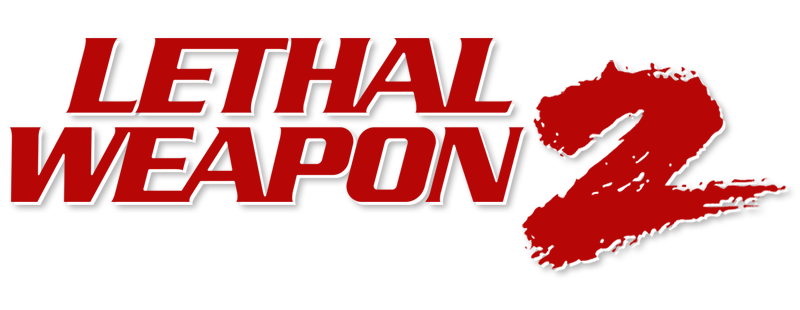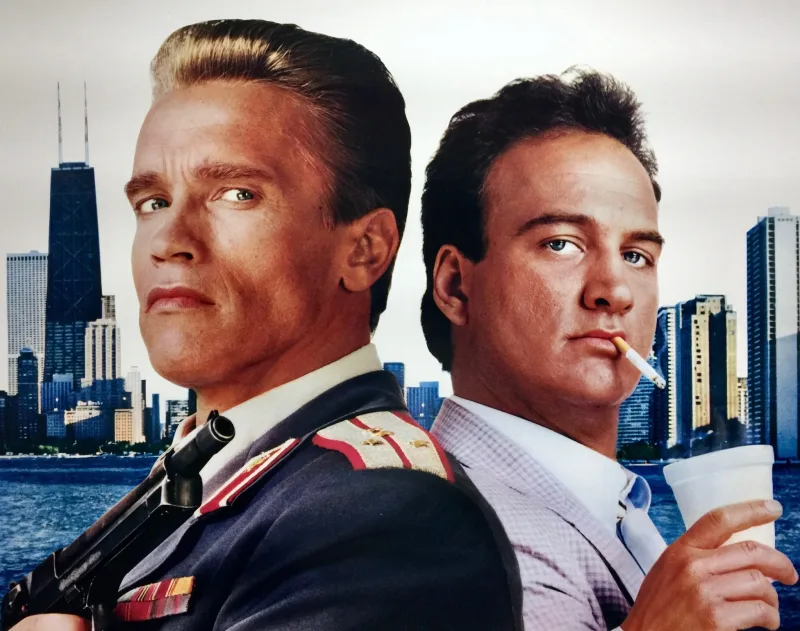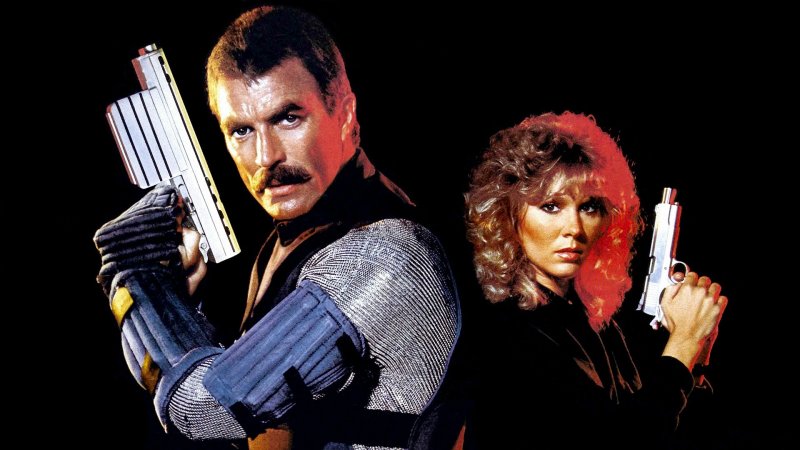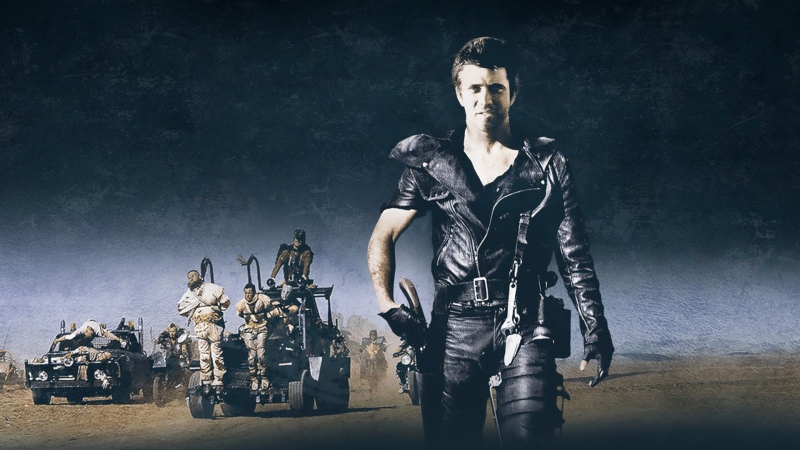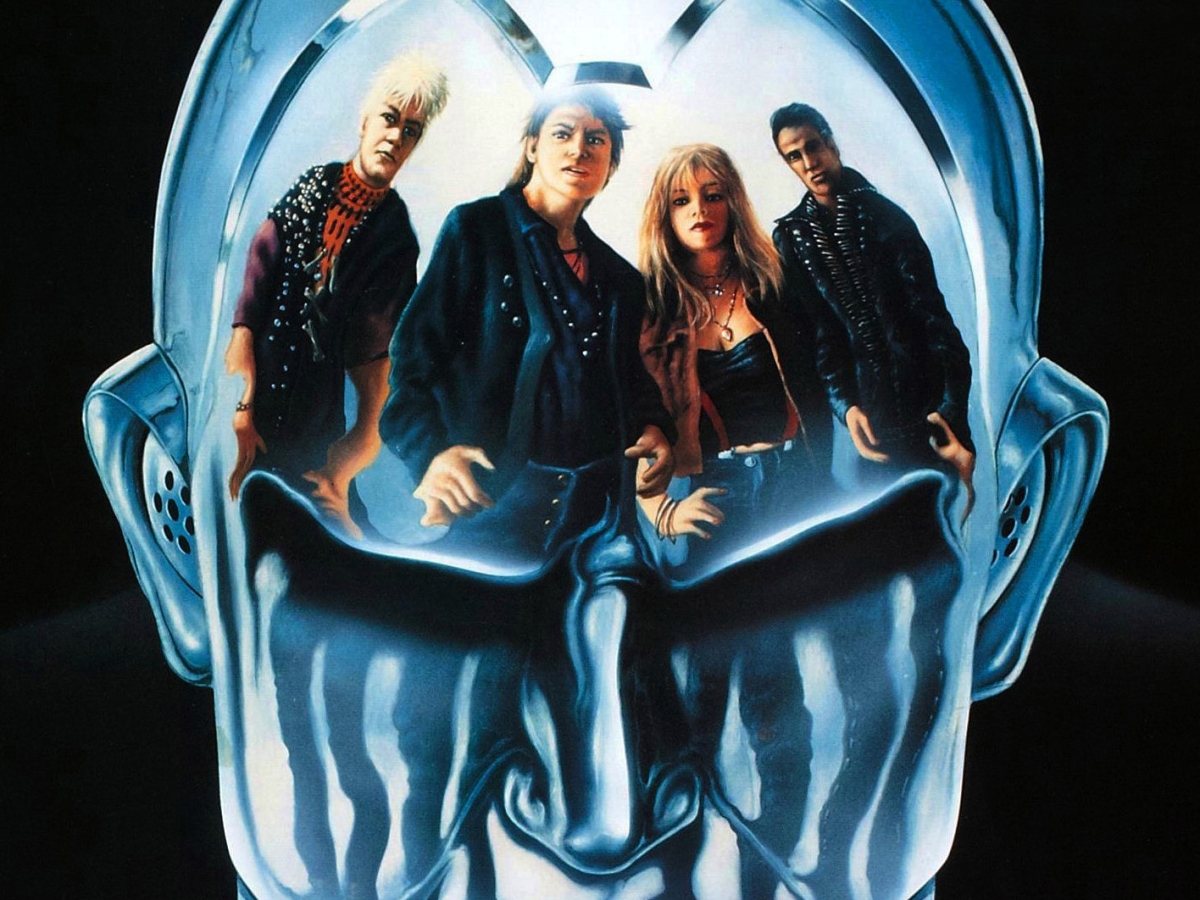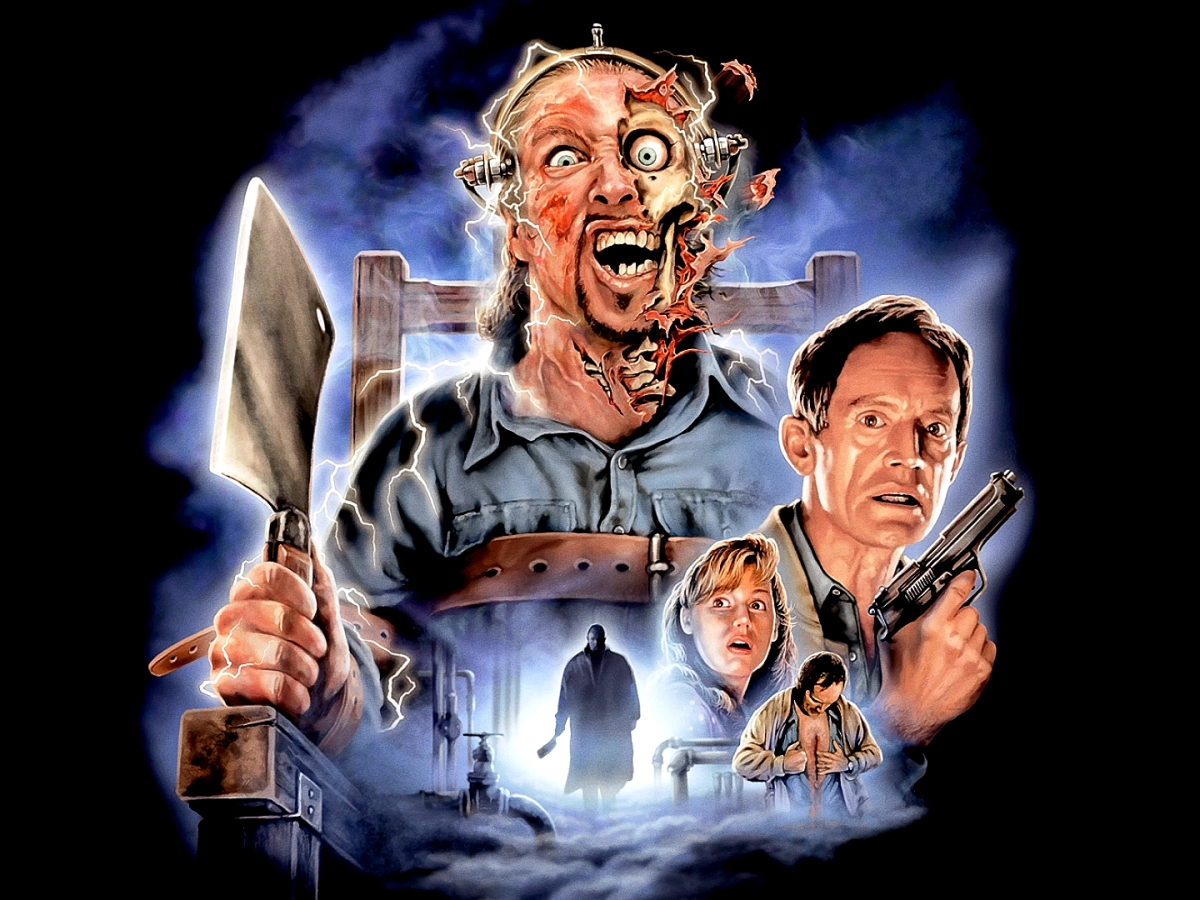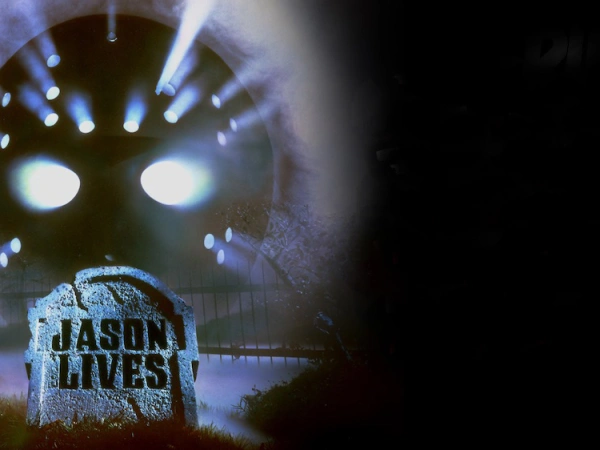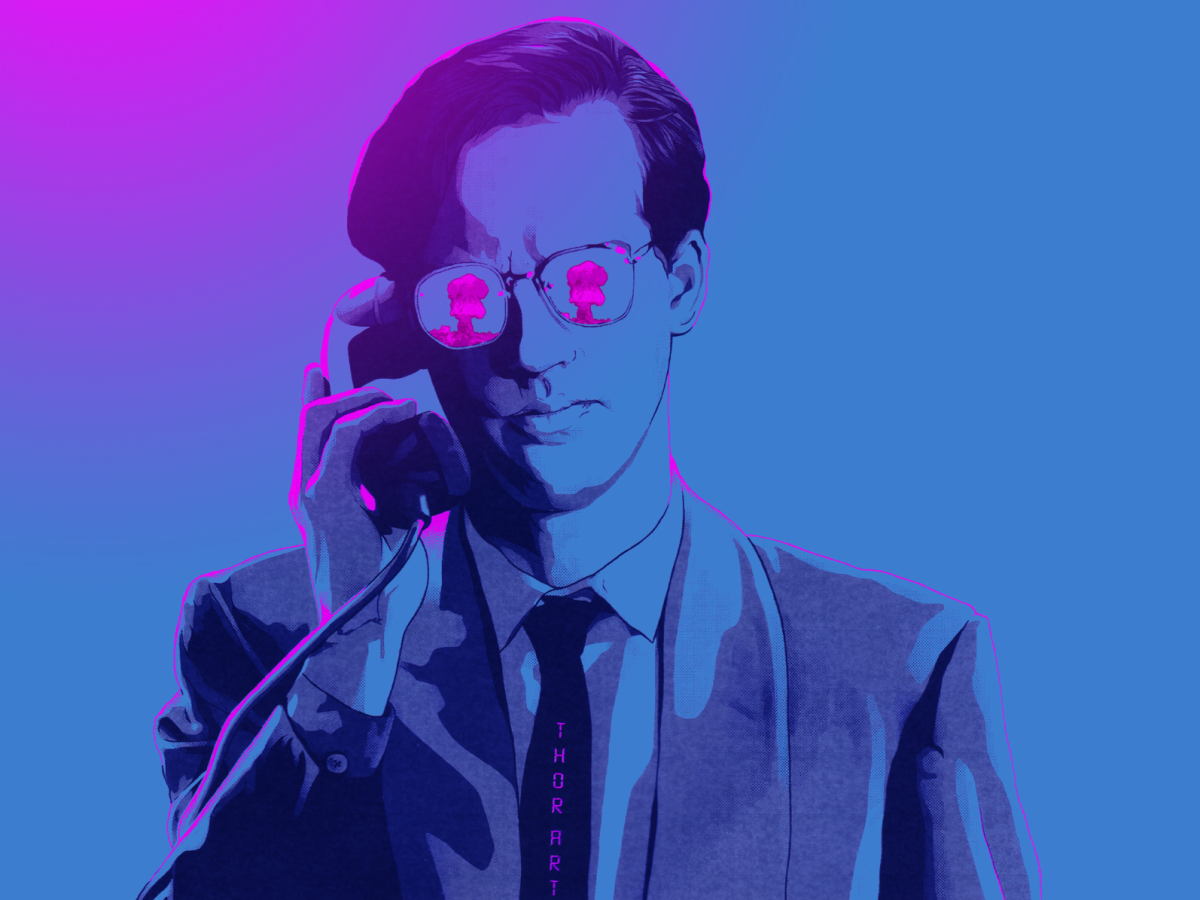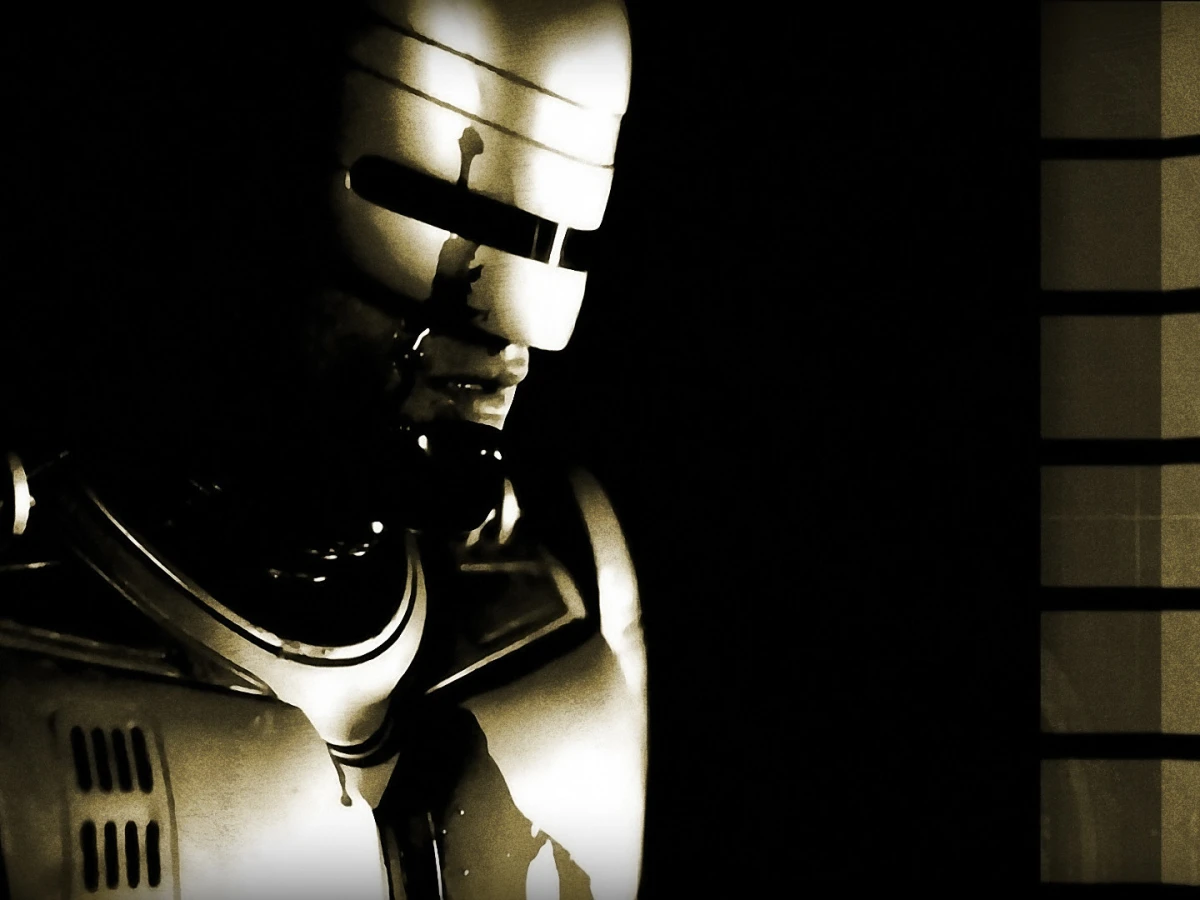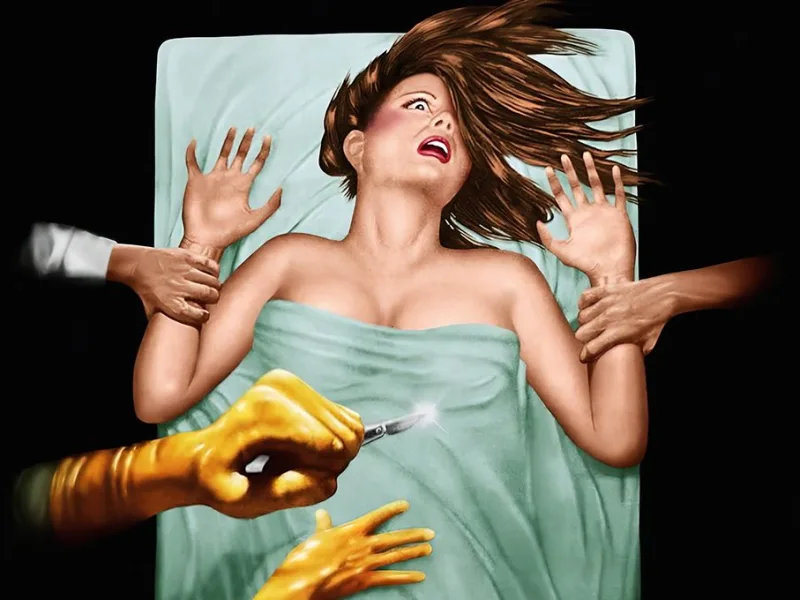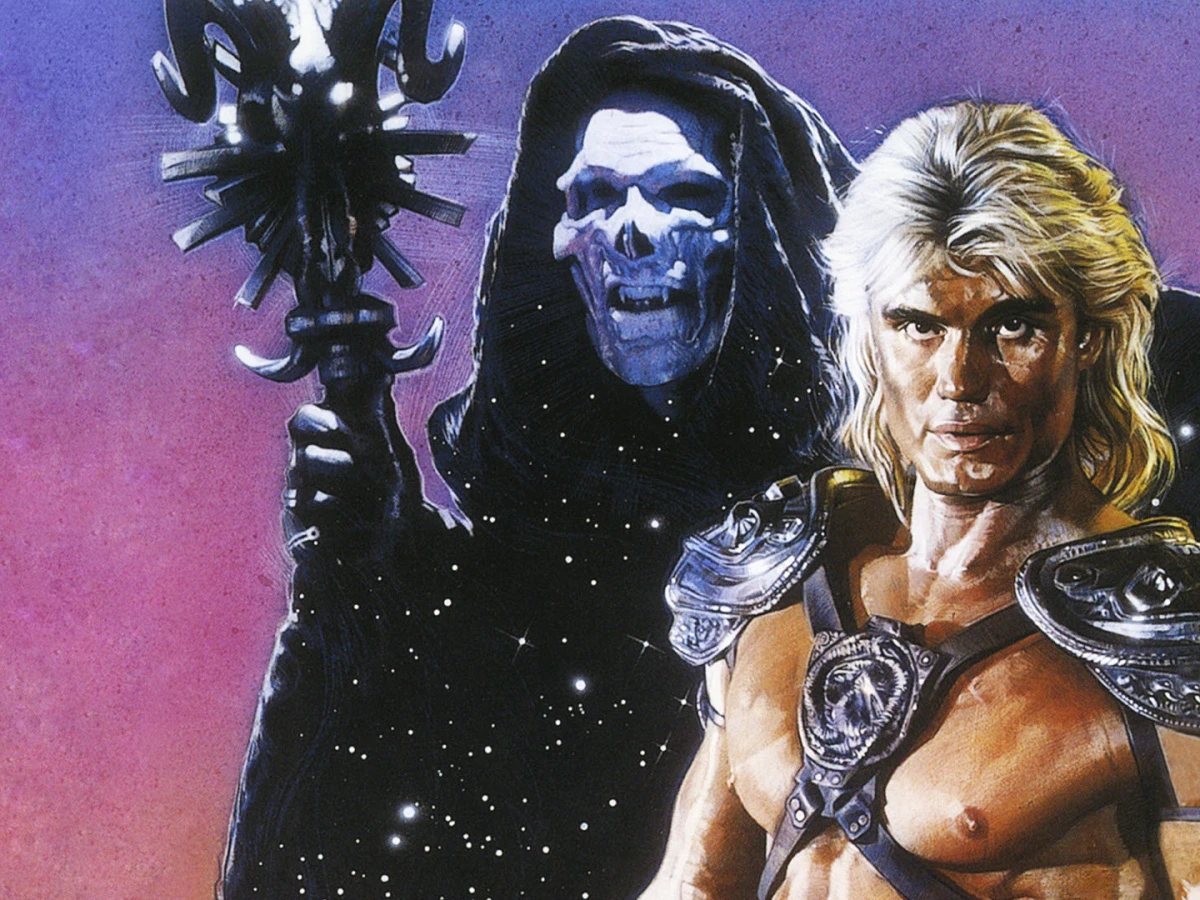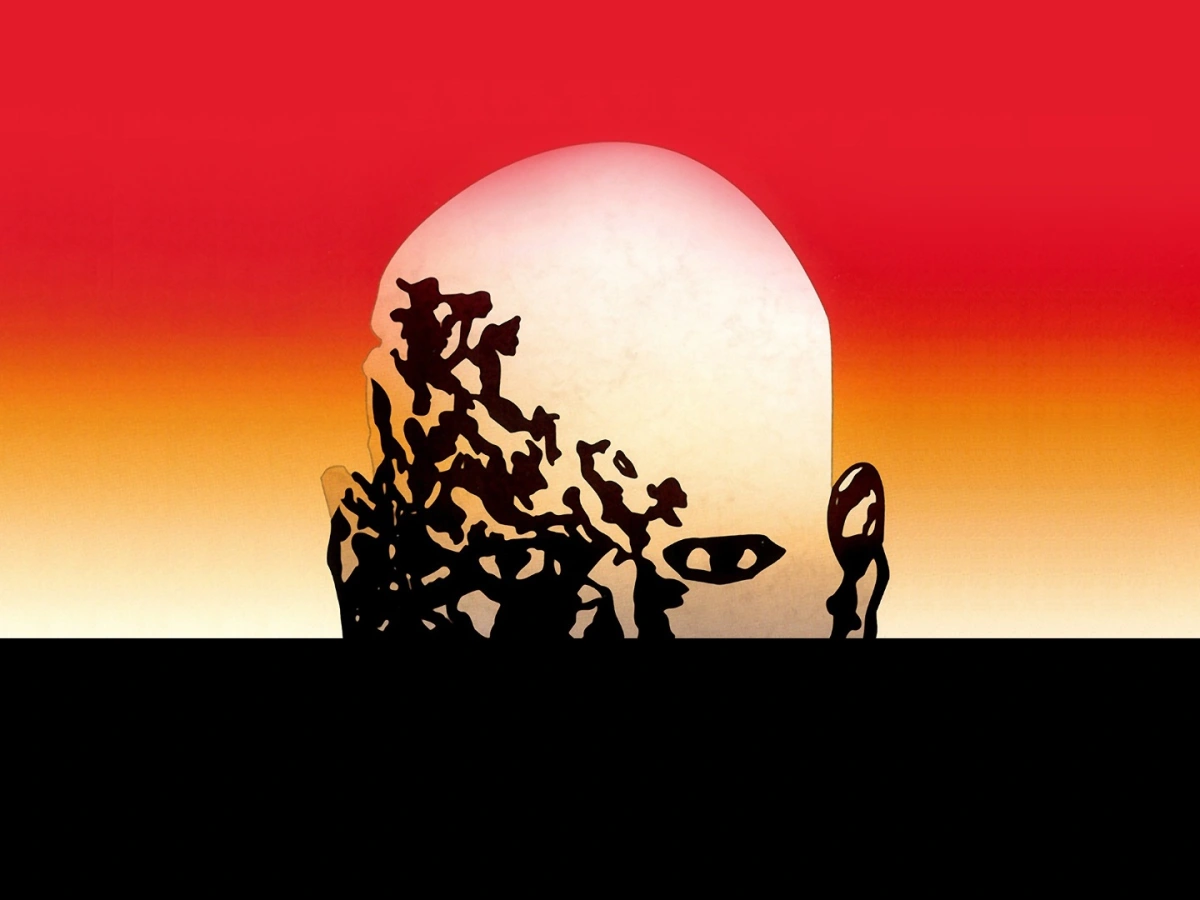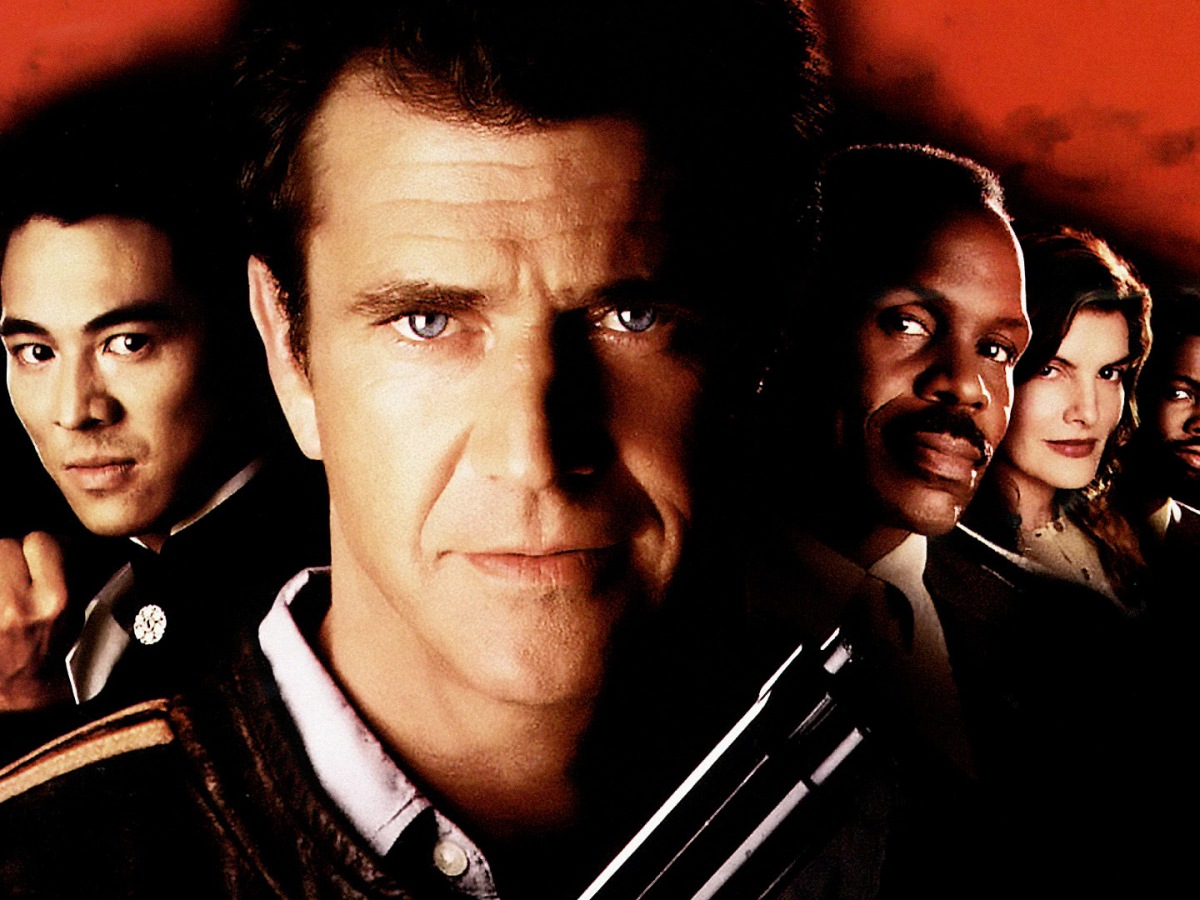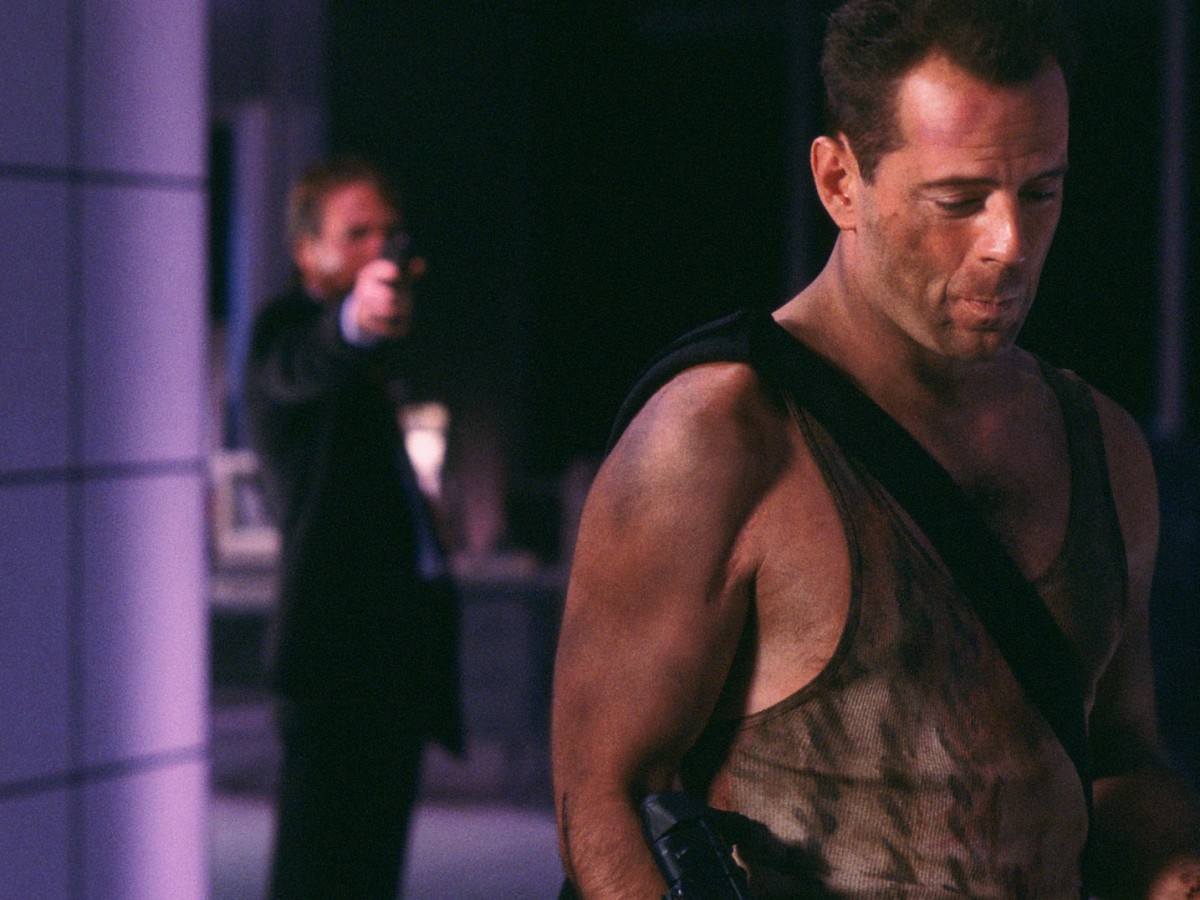
Initially written as a much darker thriller with definitive fictional consequences, Lethal Weapon 2 would embrace a balance of action, comedy and drama that forged one of the greatest sequels ever committed to celluloid
They say it is better to be left wanting more; as appealing as ‘more of the same’ may sound following moments of intense exhilaration, it is never quite the same the second time around. This, in a nutshell, describes the numbered sequel, a marketing formula that guarantees ticket sales while almost certainly inspiring audience discontent. Sequels have been around in some capacity since entertainment was first mass produced, Homer’s Odyssey picking up where The Iliad left off, but cinema was the medium that inspired a sequel explosion, horror’s golden age turning to the likes of Dracula ad nauseum thanks to characters who had struck a note with the moviegoing public, a tradition later continued by Hammer. Hammer would also begin another tradition, 1957’s Quartermass 2 the first sequel to use the number 2 in its title, but by the late 1980s, arguably the peak of the numbered sequel, the whole formula had become much more cynical, diminishing creative returns almost a given in a world that gave us Friday the 13th Part VIII: Jason Takes Manhattan, a film that relied so heavily on past glories that it failed to deliver on just about every conceivable level, including its titular location, the film ultimately shot on the confines of a boat and the much cheaper to film in Vancouver, Canada.
There are exceptions, Francis Ford Coppola’s The Godfather Part II, Mad Max 2 aka The Road Warrior and James Cameron’s blockbuster sequel Terminator 2: Judgement Day just a few examples of sequels that are considered by many to be the superior instalments, but there’s typically an equally strong argument for the films that spawned them. In action movie circles, one of the most hotly contested debates centres on one of the most innovative and dynamic action franchises of the entire genre, one that, due to some unfortunate real-life incidents and the near Hollywood blacklisting of its marquee star, has fallen unceremoniously off the radar in recent years, which is unfortunate since, whatever your opinion of the regrettably contentious Mel Gibson, the Lethal Weapon movies are a collaborative effort from some of the era’s most talented creative forces on both sides of the camera, including the late, great action maestro Richard Donner, superlative and influential screenwriters Shane Black and Jeffrey Boam, and a whole host of high-calibre stars such as Joe Pesci, Rene Russo and the inimitable and evergreen Danny Glover, a hugely versatile actor who warranted almost equal billing as part of Lethal Weapon’s endearing buddy dynamic, a rarity in an industry that typically portrayed black partners as inferior sidekicks riding the demeaning passenger seat of comic relief.
In 1987, Donner’s original buddy action comedy, Lethal Weapon, was very much a dark thriller, notions of suicide central to not only our leading man’s struggles to overcome the loss of his deceased wife, but the movie’s inciting incident, teenage tearaway Amanda Hunsacker leaping from a high-rise balcony to her death in a blunt, bravura sequence that sets Murtaugh, and later off-the-rails partner Martin Riggs, on a personal crusade against a gang of hard-ass mercenaries, led by Mitchell Ryan’s The General and Gary Busey’s psychotic henchman Mr. Joshua. John McTiernan’s Die Hard may have earned a reputation as one of cinema’s most alternative Christmas movies, but Lethal Weapon got there first, using the silly season as a backdrop for loneliness, alienation and ultimately salvation, Gibson’s one-man wrecking machine ultimately tamed by the acceptance of Murtaugh and his loving family, who immediately adopt him as one of their own. The original Lethal Weapon may tread dark territory, but the humour and camaraderie win out, the movie ending on a warm and comforting note. It was an exceptional achievement for all involved.

Despite its dark origins, most people will tell you that the most memorable part of both Lethal Weapon and the Lethal Weapon series at large, the element that sets the franchise apart from an abundance of like-for-like buddy cop movies, is the onscreen chemistry of not only our marquee stars, but an ever-expanding cast of endearing characters who come to be like family. Lethal Weapon 3 and Lethal Weapon 4, while being thoroughly enjoyable, may not live up to the first two instalments, the fourth movie more of an action sitcom that often succumbs to crowd-pleasing contrivance, but you’d be an ogre not to want to check in with the likes of Darlene Love’s Trish, Steve Kahan’s Captain Ed Murphy and Mary Ellen Trainor’s Dr. Stephanie Woods, the humour and camaraderie more than enough to justify the inevitable chinks of sequelitis. Donner was one of the absolute best at crafting action sequences, but it was our growing connection with those characters that kept audiences coming back for more. Without it there would be no Lethal Weapon 3 or 4, which may be a welcome sentiment or not, depending on your degree of affection for the series at large. As crazy as it may sound, there are those who would even sacrifice the first sequel given the opportunity, preferring the original as a one-shot deal, and Lethal Weapon would have been a fantastic standalone movie, but few characters warranted a return like Riggs and Murtaugh.
We’re back, we’re bad, you’re black, I’m mad.
Martin Riggs
As some of you are no doubt aware, the trajectory of the Lethal Weapon series was almost very different. As well being potentially briefer, it also would have proven more definitive for at least one of its characters, treading a much darker path than its predecessor. Greenlit to write a sequel after penning the first instalment by an eager Warner Bros., industry wunderkind Shane Black initially produced a script that was much darker in tone, and, going off the writer’s mostly exceptional record and his own admission that it was “the best thing I ever wrote” was no doubt brilliant. Titled ‘Play Dirty’, the movie would focus more on heroism, swerving the comedy elements that would come to characterise the series. Leo Getz was a minor character in Black’s script, which would have ruled out the inclusion of the brilliant Joe Pesci, who after sobering, often terrifying turns in the likes of Raging Bull and Goodfellas, proved that he was just as adept at comedy during the early 90s, with starring roles in cherished comedies such as Home Alone and My Cousin Vinny. The script was also more violent, with scenes of torture and villains who were even nastier, which, for those who have seen Lethal Weapon 2, would have made them evil incarnate. Staying true to its Christmas leanings, ‘Play Dirty’ would culminate in a plane full of cocaine exploding over Los Angeles like a blanket of snow. Crucially, it would also lead to the death of Martin Riggs, who would sacrifice himself for the sake of the Murtaugh family, bringing their story to a categorical end.
Unfortunately, Black’s original script for Lethal Weapon 2 was never released, but various interviews with the now prolific writer would shed light on the potential demise of Riggs, a heart-wrenching scene that would have satisfied the legions of Lethal Weapon purists who feel that all three sequels detract from the character by making him a more domesticated animal. In the sequel’s finale, Riggs would slowly die having been brutally stabbed to death by “arch-nemesis and worst nightmare” Benedict (who would later become Pieter Vorstedt). The last scene would feature Murtaugh watching a goodbye video tape left by Riggs, who had already accepted the inevitability of his demise. “The problem was that with Lethal Weapon 2 they did a lot of comedy,” Black would tell Empire Magazine. “My draft had one scene with Joe Pesci’s guy. He had a few lines. In their version, they had essentially the same character but throughout the entire script. It’s all about edge to me. This guy who was gradually brought back to life and brought back into the real world, and he can let his guard down and learn to accept the love of real people, and in my version of the sequel that’s the very love for that family that makes him say ‘ok, now I gotta go back and die, basically, to protect them’. And they didn’t like that idea.”

Black, who was still in his twenties, was more resistant to Hollywood’s marketing machine at the tail end of the 80s, or at the very least defiant in that youthful way that often produces some of the best, most unaffected work. “It was clear, at the end of our draft [co-written with friend Warren Murphy] — which was pretty melancholy — that wasn’t really where [the studio] wanted to go,” Black would tell The Playlist. “But there’s a lot of elements that are [ours] in Lethal Weapon 2 — we still received a ‘story by’ credit. I recognized things when I watched Lethal Weapon 2 that was in the script that we wrote, but the tone is totally different. For instance, there’s something that I’d never do in a movie. There’s a car that crashes and a surfboard that comes off the top, flies through the air, kills a guy, and Mel Gibson says, “Total wipeout.” I would never do that. That’s just a dumb joke.”
According to Black, it was the film’s director, not the studio heads who mostly influenced the decision to lean into comedy, or as Donner himself would put it, ‘an action piece of a continuing saga in (the characters’) lives.’ “I don’t think it was the studio, I think [director Richard] Donner was just a cheerful guy,” Black would continue. “He likes comedy. I mean, look at how many rules they broke in terms of writing and structure. There’s a scene in that movie where Joe Pesci says, ‘They fuck you at the drive-thru! They fuck you at the drive-thru, they left out my ketchup…’ It has nothing to do with any part of the story. They could lift it and no one would ever know it. But they did it as an improv and that’s what they wanted to do. Just get them together and let the guys be guys and have fun, and I respect that because Donner did it very well, it was a very successful movie. It’s just not the kind of thing that I really do.”
It is easy for me to be objective when it comes to the question of whether Lethal Weapon should have been a standalone movie. On the one hand, the original is my favourite of the series for all the reasons that Black and many others have concluded. Riggs works better as a suicidal nutjob with nothing to live for, and he loses something as he becomes more domesticated, especially in those later sequels. I also love the movie’s darker tone, its festive tale of loss and redemption, its comedic sense of cynicism. Whatever the series would produce going forward, that version of Riggs is dead by the time Elvis’ rendition of ‘I’ll Be Home For Christmas’ brings events to a fitting close. Perhaps more importantly, the original relationship arc of Riggs and Murtaugh, from unwilling opposites to eternal blood brothers, delivered with laughter, heartache and pulse-pounding action thanks to Donner’s keen eye for spectacular cinema and the once in a lifetime chemistry of Gibson and Glover, could never be repeated. It was absolute perfection that required no further exploration in the purest sense.
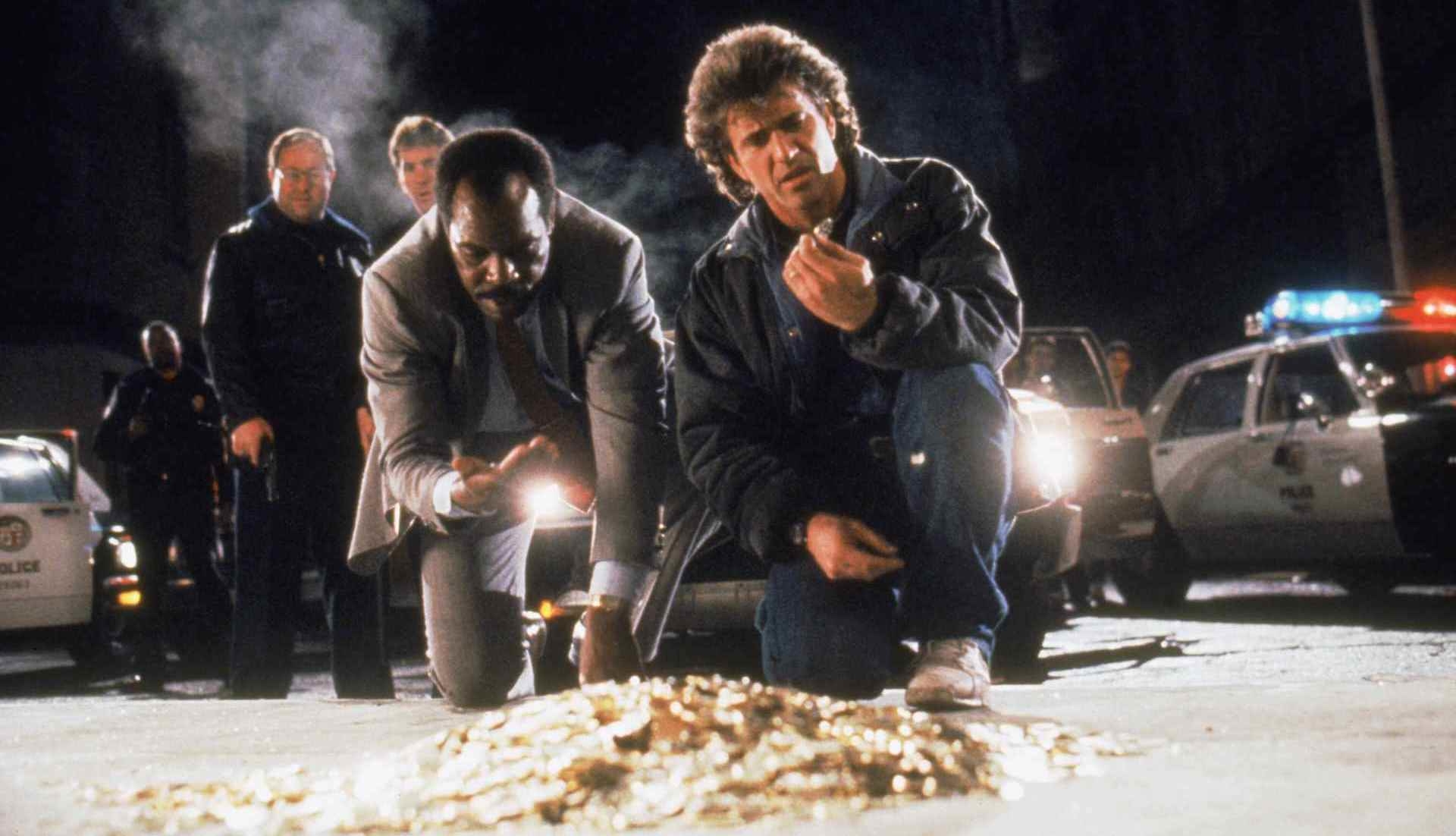
There is, of course, the troublesome little detail that Lethal Weapon 2 is one of the finest sequels ever committed to celluloid. In fact, along with Mad Max 2: The Road Warrior, it may be my favourite sequel of all time, and well into the 21st century that covers a lot of ground. It may lack the sheer grandeur of The Godfather Part II, the expectation-flipping ingenuity of Terminator 2: Judgment Day, the tragic depth and bravura acting of The Dark Knight, but in terms of what it sets out to do, it has few peers. The thing is, as exceptionally delivered as that original relationship arc is, it is just as satisfying to watch that relationship blossom, particularly in the first sequel, which still had plenty new ground to cover without descending into formula. It also allowed other characters to grow, and we as an audience to grow with them. The original film offered glimpses of fleshed-out support, but unlike the majority of action fodder, the film’s secondary characters made a huge impression with very little screen time. As Black confirmed, Donner was a cheerful guy, the glue holding the whole production together, someone who encouraged spontaneity, and that sense of good cheer and off the cuff camaraderie was infectious. You can see it in the performances, however minor, and it carries through to the audience. Ultimately, there’s an aura to the Lethal Weapon series, even in those later sequels, that inspires loyalty in the viewer. Each instalment is like checking in with old friends. There’s a real family feel, both onscreen and off, and it is hugely rewarding.
Lethal Weapon 2 opens with the kind of bravura action sequence one would expect from Donner, the comedy coming thick and fast as the film’s destructive pair, who cause so much chaos on the crime-ridden streets of Los Angeles that they’d surely wind up behind bars in any civil society, stumble upon a booty of Krugerrand that leads them to a racist South African crime syndicate with diplomatic immunity operating on foreign turf during Apartheid. In that sense, very little has changed for our super cops, though domestically things have already evolved nicely. The once-isolated Riggs is now a fully-fledged member of the Murtaugh homestead. Not only does he waltz around the house as if it were his own, Murtaugh’s wife, Trish (Darlene Love), does his laundry, even sharing the kind of heart-to-heart moment that transcends the macho boundaries of Rog and Martin’s relationship. Even daughter Rianne, once enamoured with Martin’s handsome façade and blue-eyed charm, has become like a younger sister, and he in turn provides her with the unconditional protection of an older sibling. Donner and screenwriter Jeffrey Boam craft an ever-growing family that goes beyond the usual main players. It all all feels so reassuringly familiar.
I was just checking to see if I was standing on plastic.
Pieter Vorstedt
There are also some new editions, most notably Joe Pesci’s smart-alecy shyster Leo Getz. Back then Pesci was known as a serious actor, delivering Oscar-worthy performances for the likes of Martin Scorsese, but his addition as the ‘third stooge’ (a show referenced throughout the series) was inspired casting, allowing our newly functional partners a dysfunctional dimension that would have been sorely lacking. Getz begins as a bad guy of sorts, a conman put under police protection having laundered a half-billion dollars in drug money. Our duo initially give him the derision he deserves, but they can’t help but fall for Leo’s dubious charms. He may be a crook, but he is harmless underneath it all, and Riggs and Rog are hardly your traditional models of wholesomeness, Rog, under the influence of Riggs, even contemplating taking blood money in order to put his kids through college until action intercedes. Though married to the badge, they blur the boundaries between right and wrong on occasion. They’re real people, which is why they’re able to accept Leo into the fold.
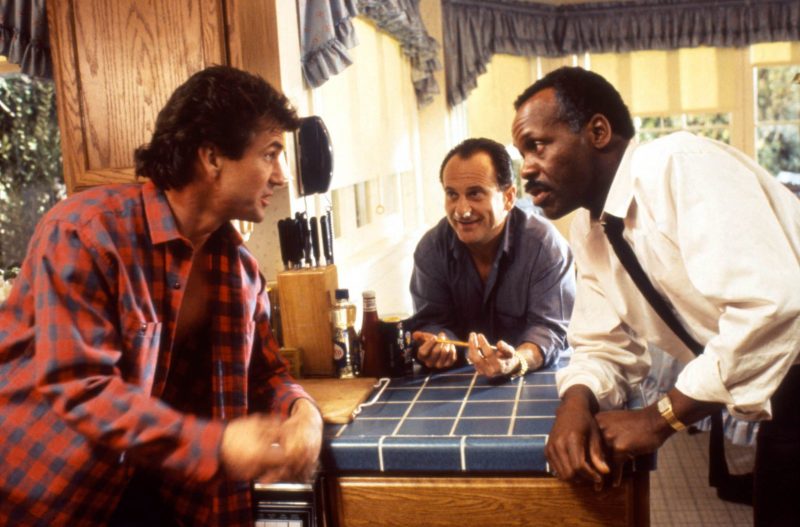
Much like they had with each other in the first Lethal Weapon, Riggs and Roger reluctantly warm to Leo as the story, and their makeshift partnership of three, play out. When his life is in danger they genuinely care for his wellbeing, even letting him sound the siren like an excited schoolboy having escaped the clutches of the movie’s unscrupulous villains. The series would make a habit of adding new characters in an attempt to freshen the fold, and an excessive cast would eventually make fickle fare of Getz, reducing him to something of a plot device that would land the actor an infamous Razzie Award for Worst Supporting Actor as the series entered action sitcom territory, but his initial turn was a revelation, and a key element to the sequel’s success.
Pesci’s integration as the third stooge is flawlessly handled, and much of the comedy in Lethal Weapon 2 derives from the trio’s newfound dynamic. As soon as our headline heroes meet Leo, assigned with protecting him as punishment for their latest act of reckless abandon and destruction of public property, the comedy flows like fine wine, Riggs plummeting through the window of a hotel into a nearby swimming pool following a failed assassination attempt that pushes their assignment into deadly serious territory almost immediately. Here, and throughout, the movie’s blend of action, comedy and drama is superlative in a way that has arguably never been bettered. The movie is so damn quotable, the physical comedy so expertly delivered, the chemistry and sense of camaraderie so magical. Sure, the original dynamic isn’t quite the same, but you’d have to be made of stone to disregard it outright or even see it as inferior. Even if you have a predilection for darkness over comedy, you have to appreciate the sheer skill and magic on display. The film is a joyful experience that, much like the original movie, refuses to date, retaining a dynamic quality that makes it feel timeless.
There’s comedy elsewhere too. A particular highlight comes in the form of Rianne’s first big break as an inspiring actor, all of it hinging on Roger’s reaction to his daughter’s debut turn… in a condom commercial. Of course, Riggs isn’t one to shy away from rubbing his nose in it, the gift of a somewhat unconventional ‘rubber tree’ winding up on his desk, a chance to introduce us to the precinct’s ultimately doomed brotherhood, who feel like family right off the bat, beginning with a scene in which Riggs uses his dislocated shoulder to escape with the spoils of a bet (a talent that will come in handy when the movie ultimately re-embraces the dark side). Riggs and Roger’s reactions to the commercial, gleefully mimed in suitably inappropriate style by a completely naive Rianne, are utterly priceless, as is the unfortunate commentary of a watching workman, who somehow finds himself at the big living room premier, oafishly admitting, “I liked it. She made me want to buy rubbers right now.” Such is the skill of the screenplay, direction and acting that this almost completely peripheral character feels like family by the end of his scant involvement. That is not an easy thing to pull off.

The scene that best encapsulates Lethal Weapon 2‘s winning formula of action, comedy and camaraderie is arguably its most famous: the bomb on the toilet scene. Where else would you find such a bizarre setting that not only fulfils audience expectation in terms of suspense, but which doesn’t waste a word in developing its characters and their relationship? It is touching, heartfelt and downright ludicrous, but you believe in the characters and their almost slapstick situation because everything is imbued with genuine emotion, the kind that Michael Kamen and Eric Clapton’s fabulous score emphatically embellishes. Riggs’ decision to stay with Roger, to literally live or die by him, is the kind of genuinely touching moment that most action fodder can only dream of, and despite the gravity of their situation, the humour never falters. Motormouth Leo inevitably pops in for a bit of muted innuendo as the two get emotional in the most embarrassing of circumstances, but otherwise this is Gibson and Glover proving exactly why they were, and arguably still are, the best in the buddy cop business. Not one to mire in defeatism, Riggs even has the temerity to create a wild circus of spectators after Rog pleads with him to keep his embarrassing predicament on the down-low. Many have attempted to emulate such an inspired formula and most have fallen short. Even the more superior genre efforts fail to pull this kind of moment off with half as much class.
Despite its reputation, at least in some quarters, as the instalment that took the series along a comedic path from which it would never recover, Lethal Weapon 2 is not all fun and games. In fact, it enters seriously dark territory at times, proving to be the last instalment to feature our duo as more than just a straight-up comedic act with holster accessories. This is thanks in no small part to the film’s superlative villains, a rabble so well drilled and seemingly immune to consequence that they think nothing of home invasion or even the cold-bloodied murder of the precinct’s cops. There are flashes of the old Riggs as the movie careens towards its climactic battle. His wild side may have been tamed by the Murtaugh olive branch, but the Lethal Weapon title alludes to the once elemental bad ass that is Martin Riggs, and a trigger was needed in order to unearth that dormant darkness if the sequel was to pack a similar punch.
That trigger comes in the form of love interest Rika Van Den Haas (Patsy Kensit), who is unceremoniously bumped off by the most memorable bad guys in the entire series, an unconscionable duo who manage to trump Gary Busey’s albino mercenary Mr. Joshua and Mitchell Ryan’s General McAllister by some distance. The first is the diplomatically immune Arjen Rudd (Joss Ackland), a glorified smuggler who uses LA as his own personal playground. Ackland is suitably smug as the dead-eyed Rudd, the minister of affairs for the South African Consulate, the movie’s riff on apartheid, a system of legislation that upheld segregationist policies against non-white citizens of South Africa, playing on notions of racial solidarity that would become a staple of the franchise.

Riggs may be the dreamboat marquee attraction who benefits from the emotional weight of the film’s love interest, but once again Glover will not be outdone, appearing in numerous scenes in which he is presented as Gibson’s equal. Of particular note is a scene in which Roger and Leo consult with an employee of Rudd about the possibility of moving to South Africa, which is one of the most priceless in the series, showcasing Glover’s formidable comedic skills and his almost equal status as the film’s lead player as Riggs loses his shit in a nearby office Larry, Shemp and Moe style. When the pair later retell the incident to a returning Riggs, who was busy using the distraction of outside protests to get in Rudd’s face, we feel like we’re in on the joke from the ground floor up. We feel like insiders. Ackland also has the distinct honour of setting up one of the most iconic quips in genre history during a blood-soaked battle aboard the money-loaded Alba Varden, yet another indicator of the film’s exquisite grasp of gallows humour. So of equal importance to the Lethal Weapon formula is Glover that he even comes to his partner’s aid during the movie’s final moments, delivering the movie’s popcorn quip with an acerbic precision that has become nothing short of iconic.
[Responding to Arjen Rudd’s boast of diplomatic immunity] It’s just been revoked!
Roger Murtaugh
More important to the Riggs character’s development is Rudd’s right-hand man, Vorstedt (Derrick O’Connor in fine form), a ruthless assassin and hate-filled racist who doesn’t look too favourably upon ‘kaffirs’ like Martin’s best friend, Roger, or the members of the precinct that he ultimately lays waste to. Not only does the cold-blooded Vorstedt dispose of Rika, we find out that he was responsible for the death of our protagonist’s wife, a somewhat contrived but shocking revelation that pushes Riggs back to the brink, reminding us of exactly who we’re dealing with. Vorstedt is such a risible piece of work, his casual displays of racism and violence, coupled with his seeming infallibility, making him as loathsome a creature as they come. It’s all routine for him, a job that he derives a twisted sense of satisfaction from, but prodding Riggs like a caged animal is the kind of mistake that you simply don’t come back from, however skilled you may be. Riggs is like a taper on a stick of dynamite that we just can’t wait to see blow, and when he finally lets rip, unloading on the roof of his trailer in the midst of a dead-of-night assault, it is absolutely breathless. Riggs may have lost some of his edge for the most part, but after pulling a Houdini having been left for dead at the bottom of the ocean, the monster is exhumed, resulting in a maelstrom of darkness that at times threatens to surpass that of the original movie.

Donner was aware of the importance of his villains, and he went to great lengths to ensure that Lethal Weapon 2‘s ruthless cartel got their just desserts, leading to perhaps the most spectacular moment in the entire movie, one that sees a stilted house torn to the ground by a vengeful Riggs, who is so enraged at discovering the identity of his wife’s killer that Murtaugh knows to leave it well alone. Originally, Donner was simply going to have a huge melee as the lovable Leo is being tortured for information. The house in question was an exact replica of one that existed in the Hollywood Hills, and after much conferring about the cost and time restraints of creating a miniature replica to tear down, they decided on a different method entirely. As Donner would reveal, “We said, ‘[the bad guys] have gotta get their comeuppance… and in a matter of six weeks we duplicated that house in it’s entirety, we duplicated it to a tee. And then one night, about 11 o’clock at night, we tied Mel’s truck to it, and it took us until 11am to 4am in the morning to get up the guts to pull it down, and we pulled it down. We pulled down a half-million dollar house. It was breathtaking; frightening but breathtaking.”
Though Lethal Weapon 2 teases the death of Riggs in a typically touching and dramatic finale that is laced with Donner’s inimitable sense of comedy, it stops short of ‘Play Dirty”s dark, definitive resolution, and though I favour the original Lethal Weapon by a liquid nitrogen delayed fraction, I’m pleased that Donner decided to go in another direction, even after shooting an alternate ending of his own in which Riggs dies, something that a test audience reacted negatively to (the final long-distance shot featured in the theatrical ending was actually taken from the version in which Riggs died). The original may be the superior movie, those later sequels experiencing a notable drop in quality, but its hard to imagine that the series would have been looked back upon with the same affection had it been cut so ruthlessly short. As the series evolved, Donner continued to focus on the familial and comedic elements, and rightly so, for when the studio inevitably came calling for their next big-money extravaganza and the action and jokes grew somewhat repetitive, the audience had developed a bond with the cast that kept them coming back. It was more about checking-in with old friends than anything else, rekindling magic of a very personable variety. Just look at the taglines attached to the sequels: ‘The Magic is Back’, ‘The Magic is Back Again’, ‘The Gang’s All Here… The Faces You Love’. Donner and Warner Brothers knew exactly what they were selling, and we knew exactly what we were buying into.
This feeling was punctuated by Lethal Weapon’s 4‘s fitting finale, one that sees our expanded cast gather on a hospital ward for an extended family photo as Lorna gives birth to the newest Riggs offspring, leading to a final credits sequence that features real-life Polaroids of not only the best moments in the series, but also behind the scenes images of cast and crew members who themselves had become like family. In an interview for the thirty-year reunion of the original movie back in 2017, Mel Gibson would say of the cast’s relationship. “I think it was at a time in our lives when — something just clicked.” Smiling next to him, longtime fictional and real-life partner-in-crime Danny Glover added, “I think you can say anything you want about the films, but I think the relationships got better and better over that period of time.”
Looking back on this incredible, game-changing buddy series, it’s hard to disagree.
Director: Richard Donner
Screenplay: Jeffrey Boam
Music: Michael Kamen, Eric Clapton &
David Sanborn
Cinematography: Stephen Goldblatt
Editing: Stuart Baird




